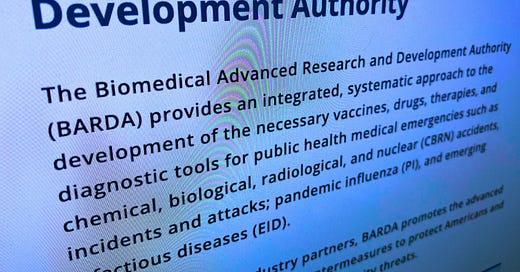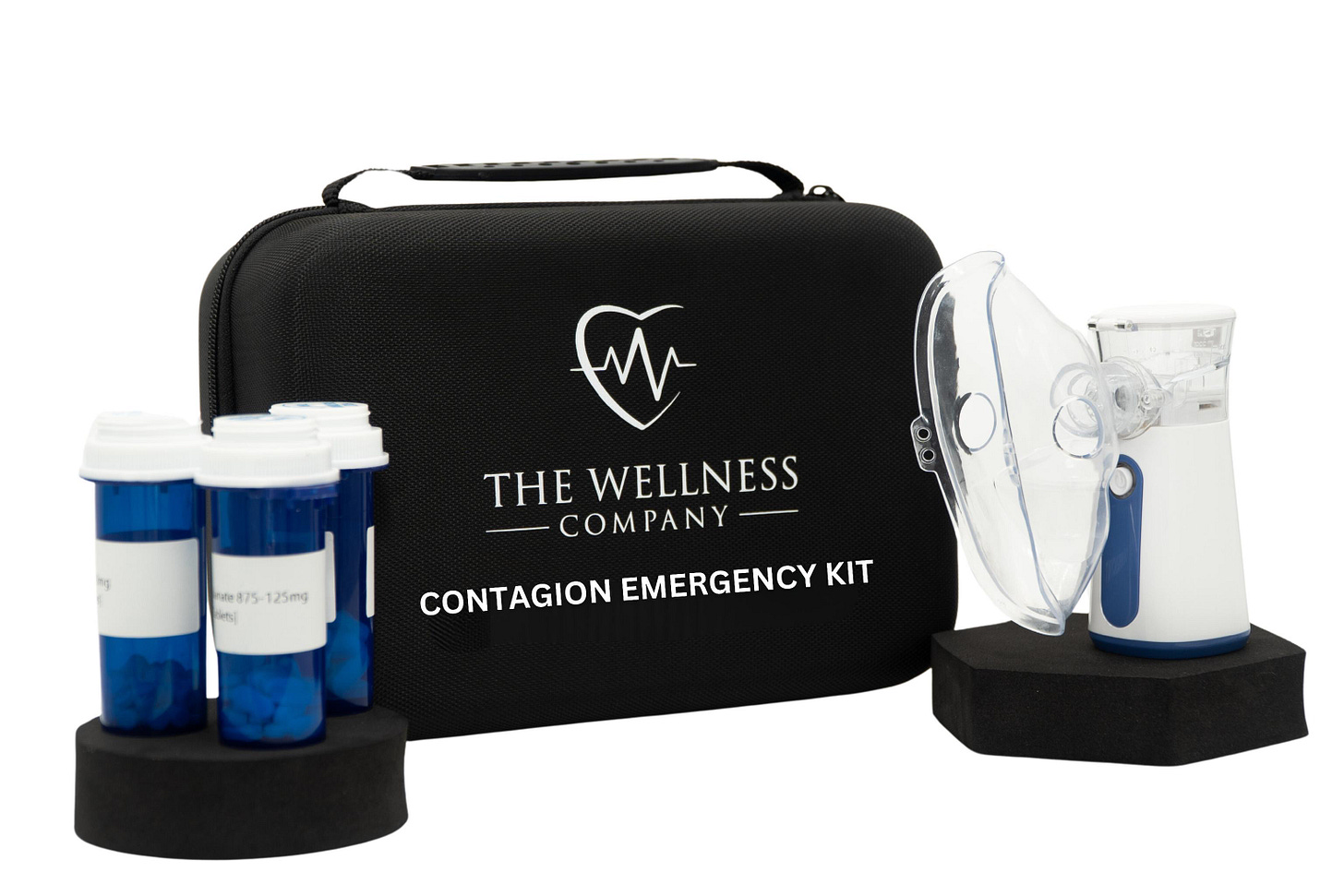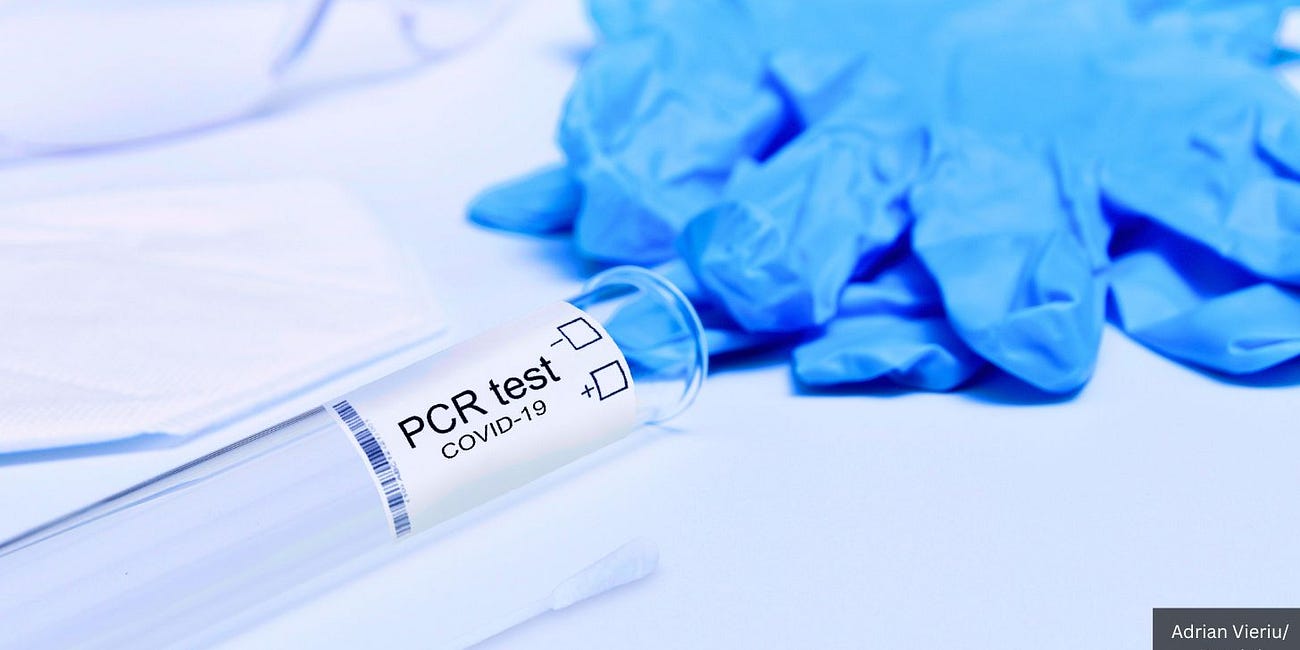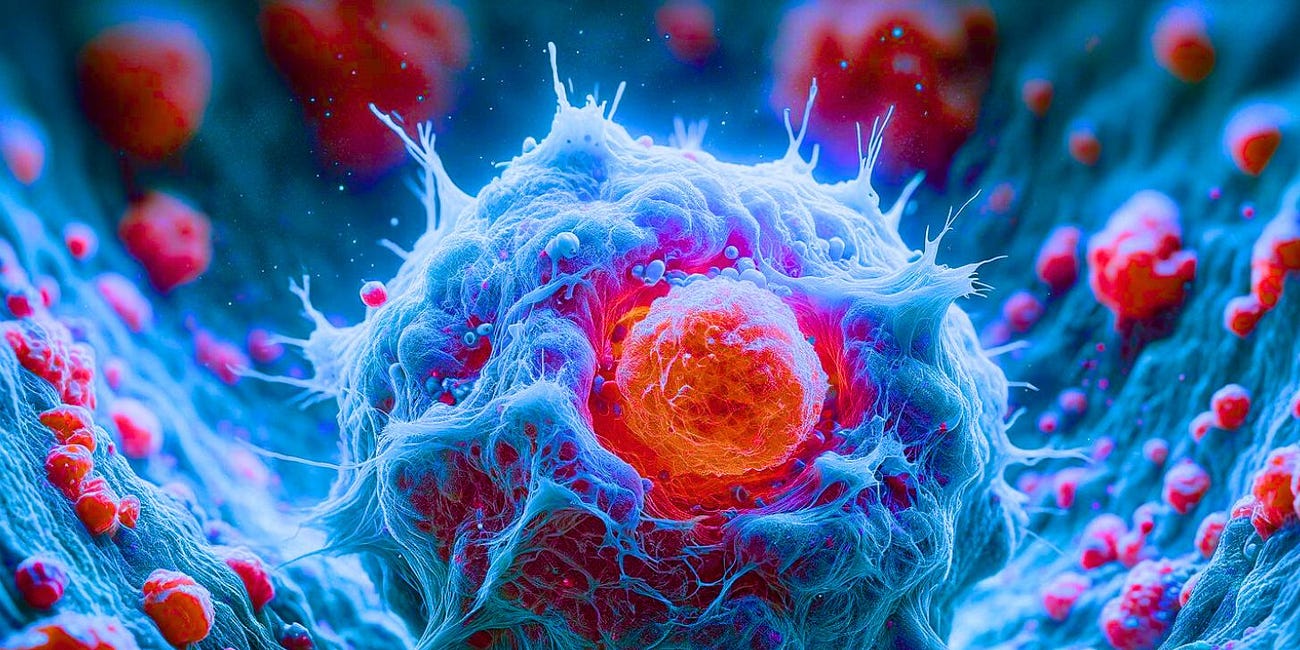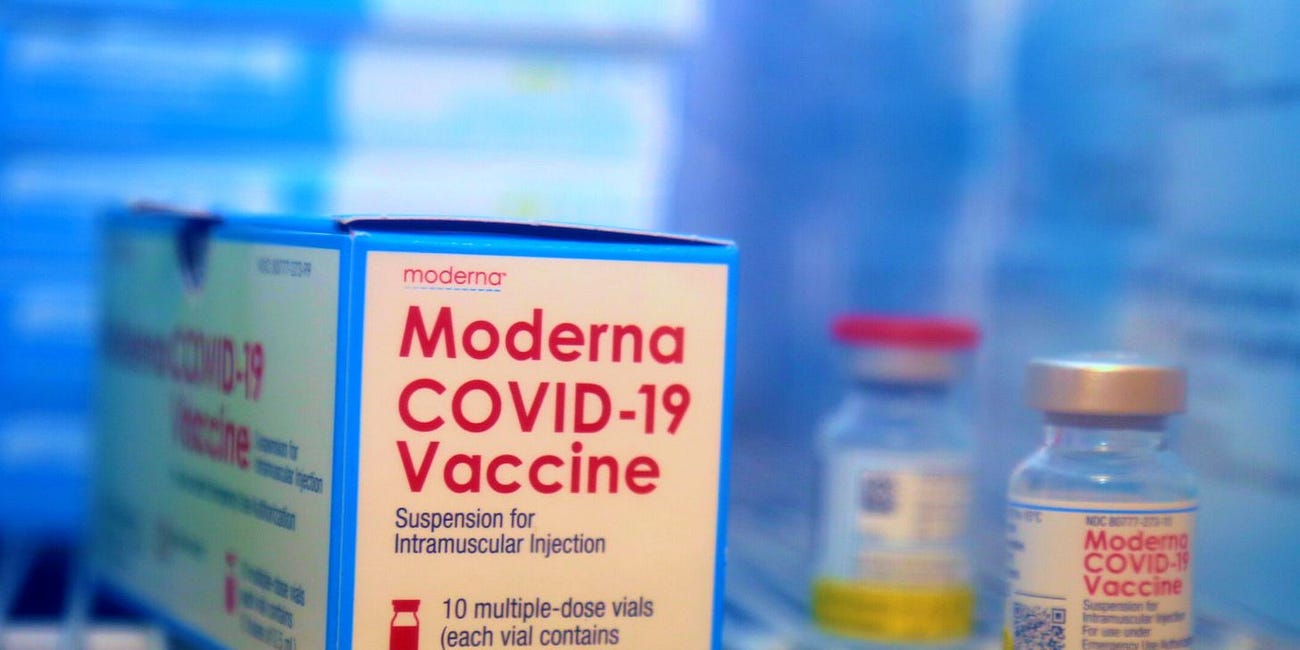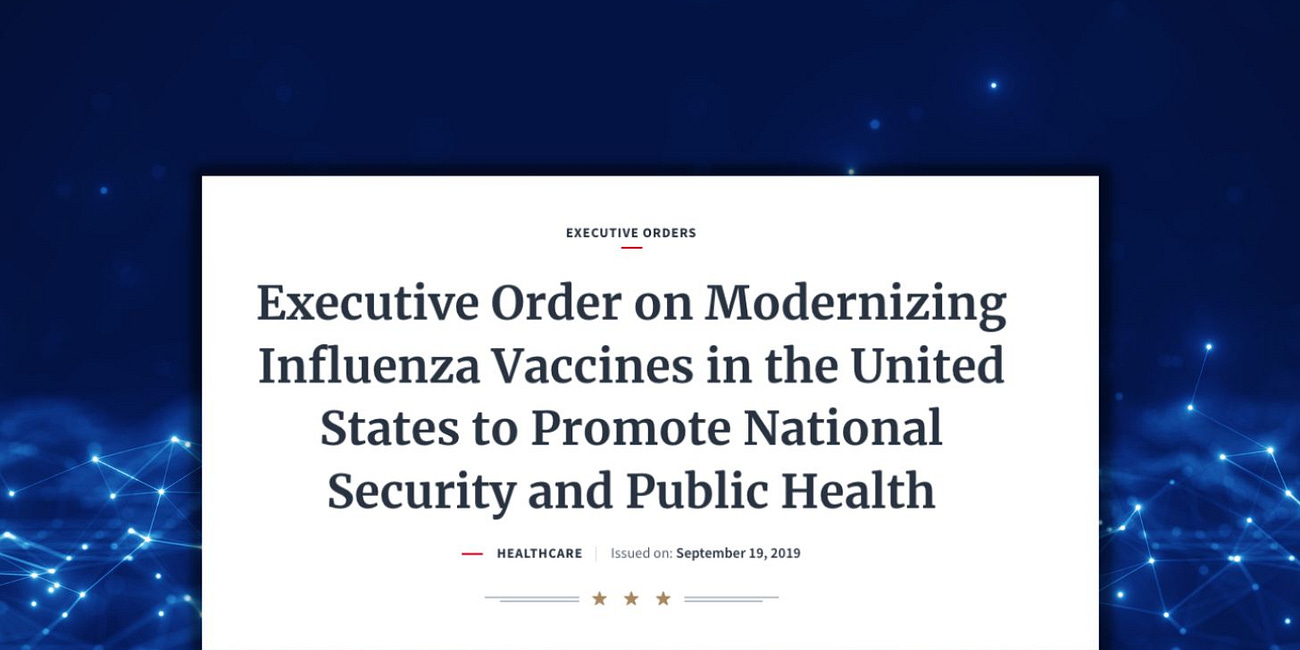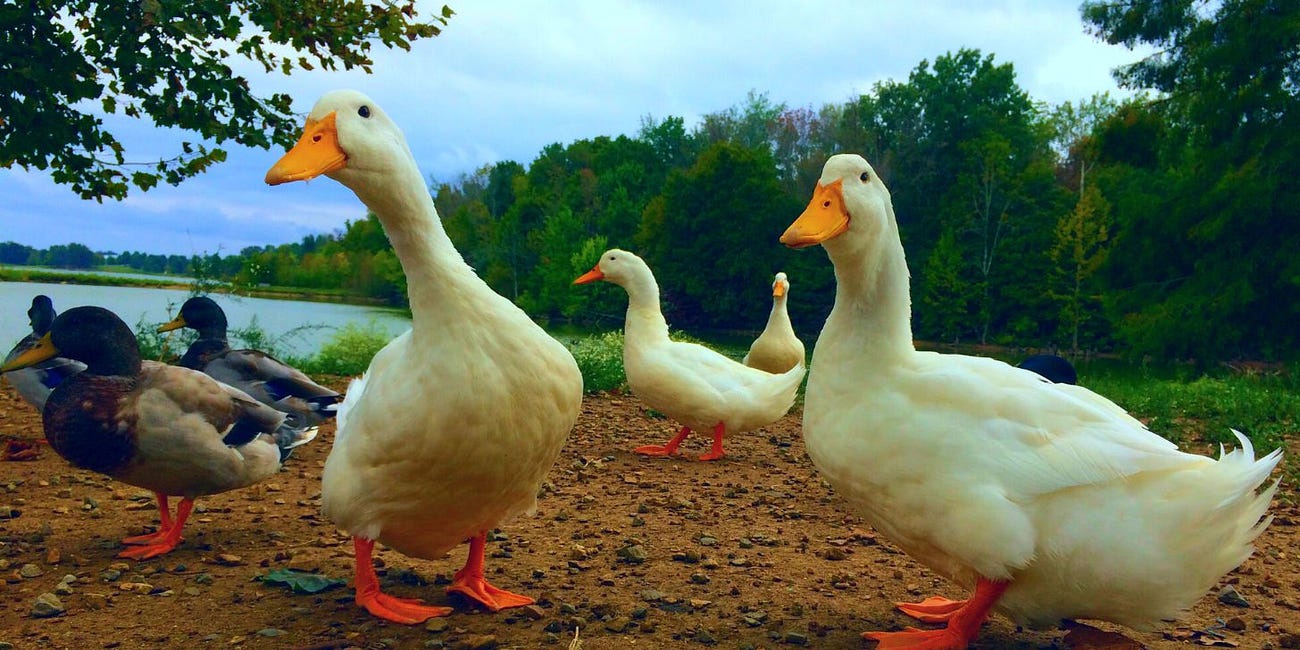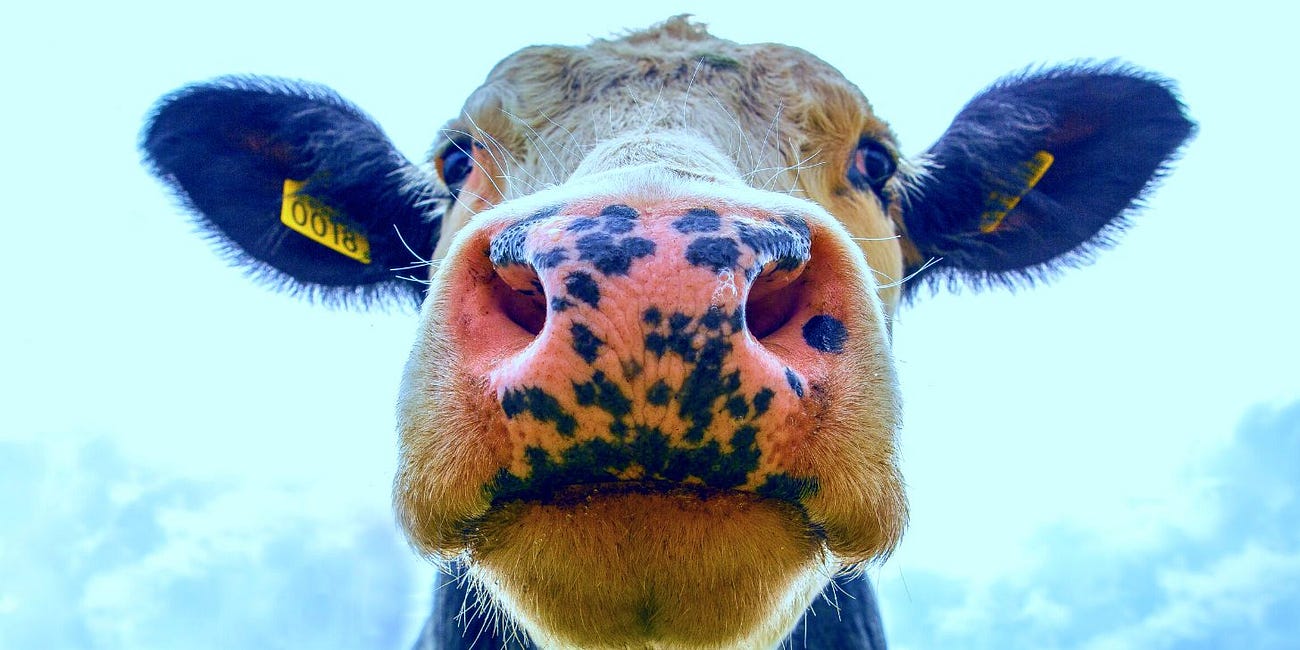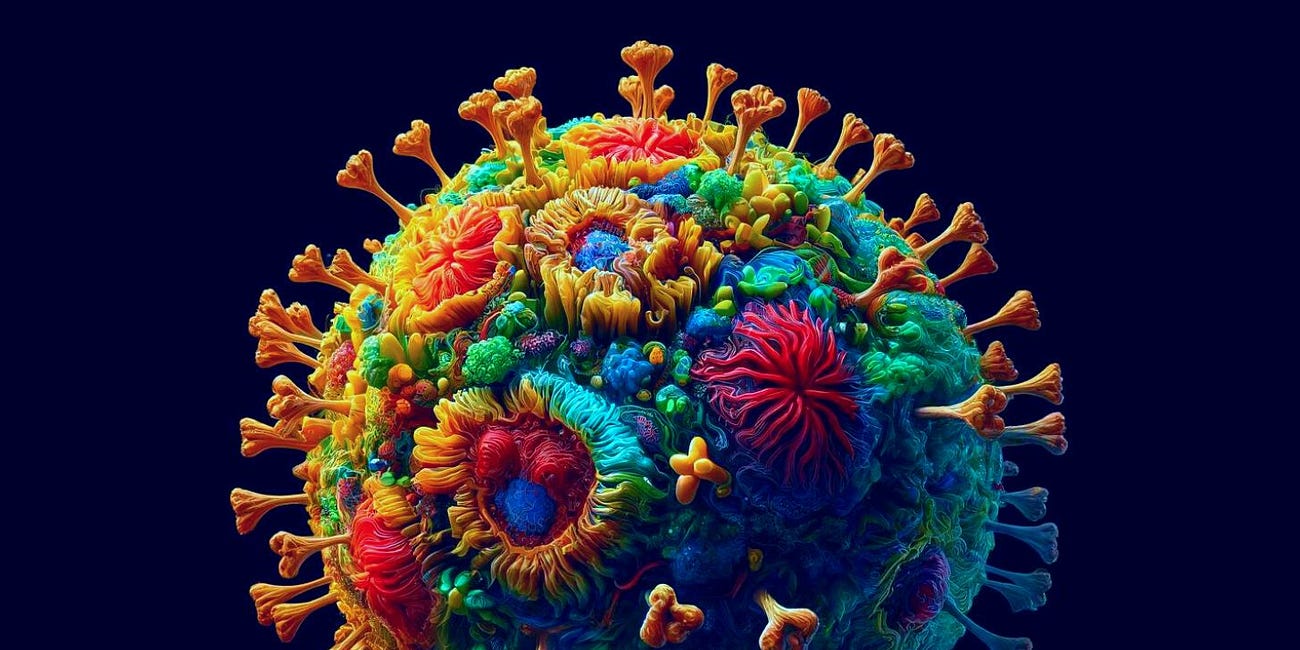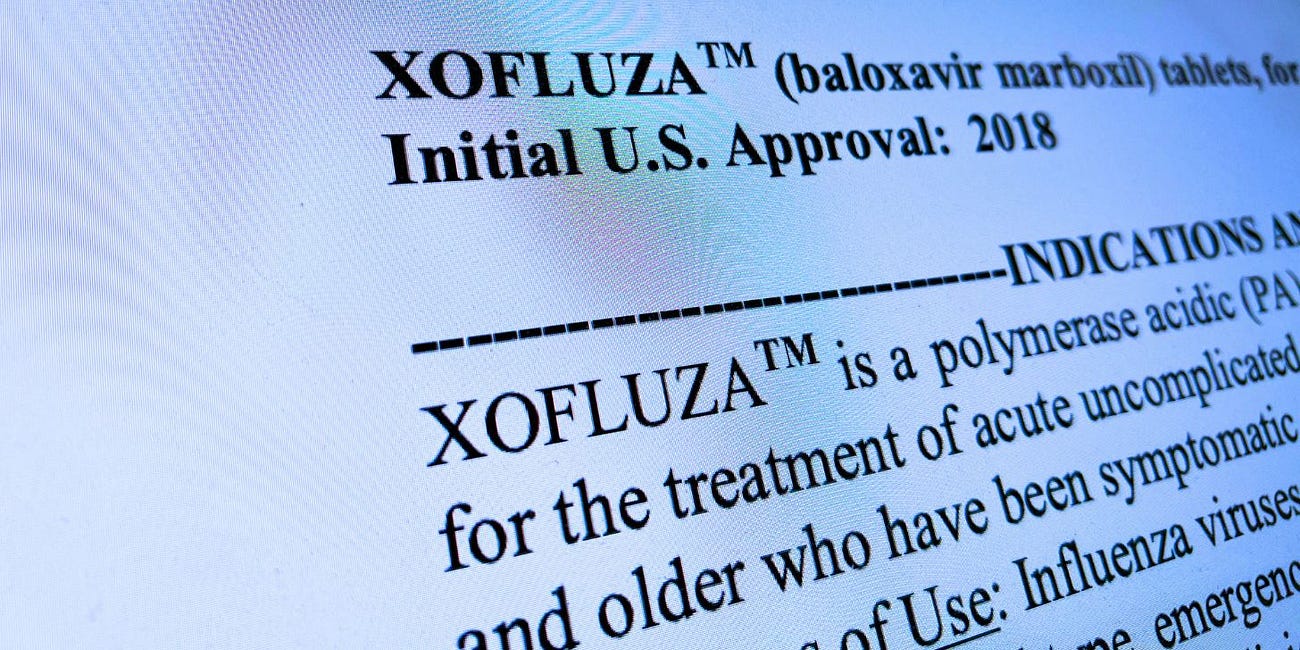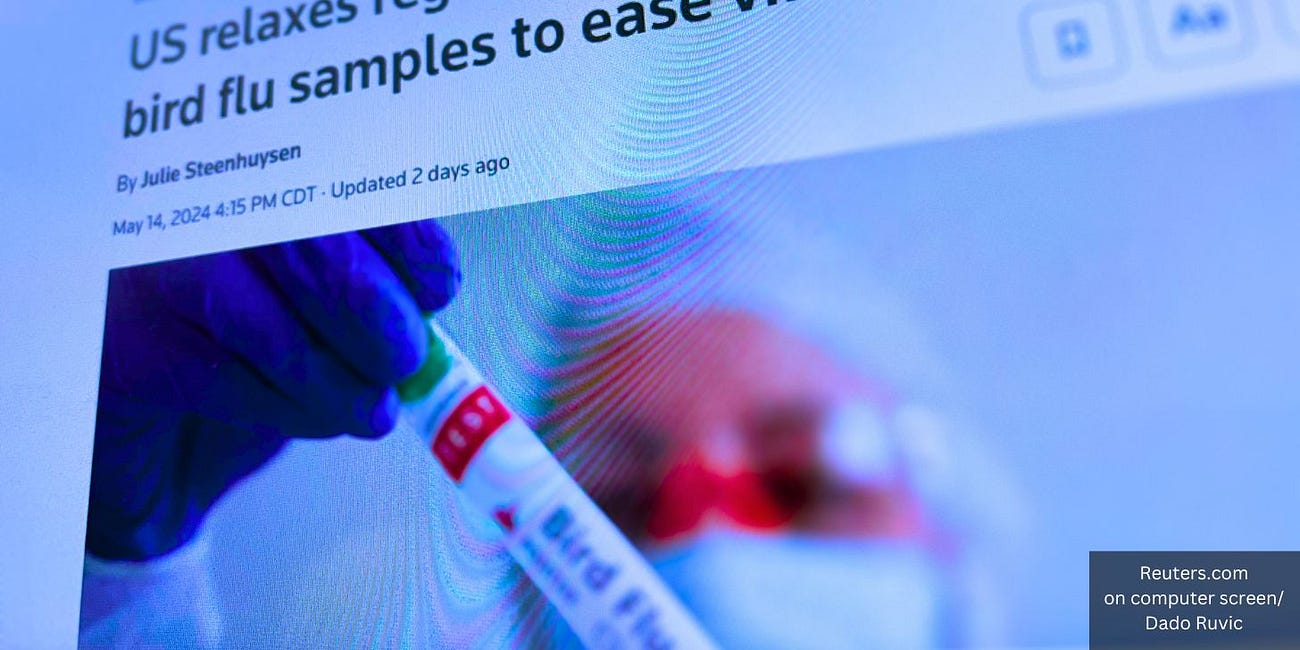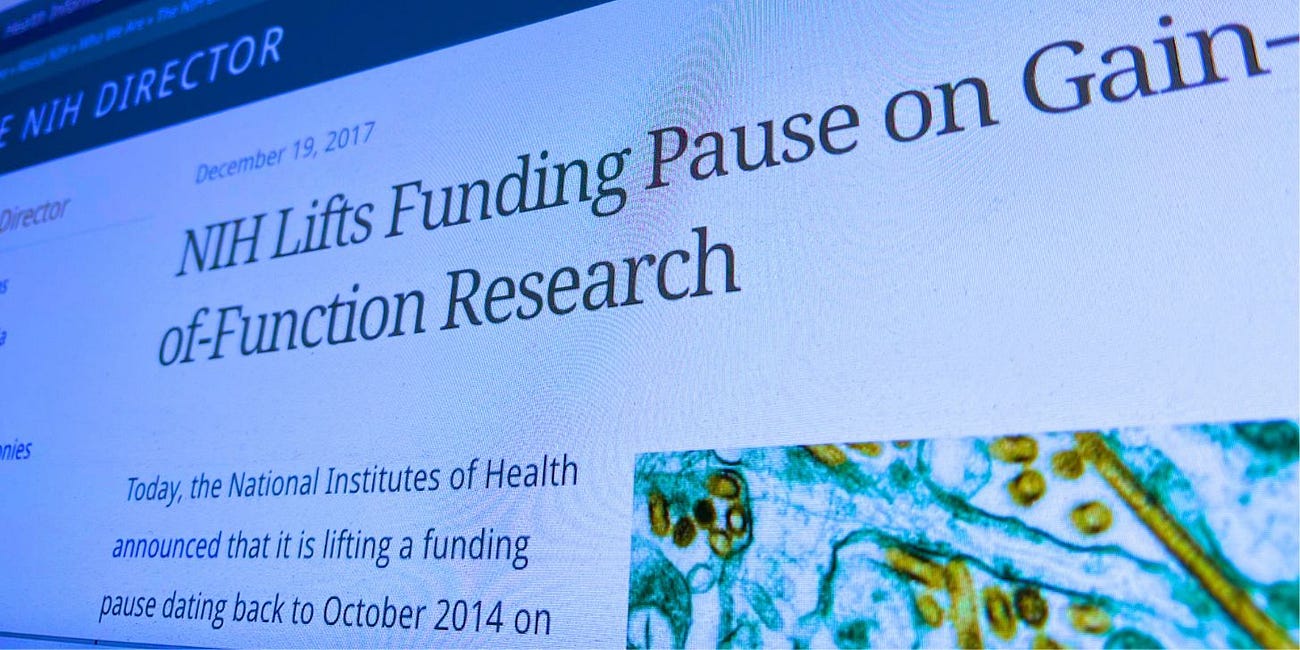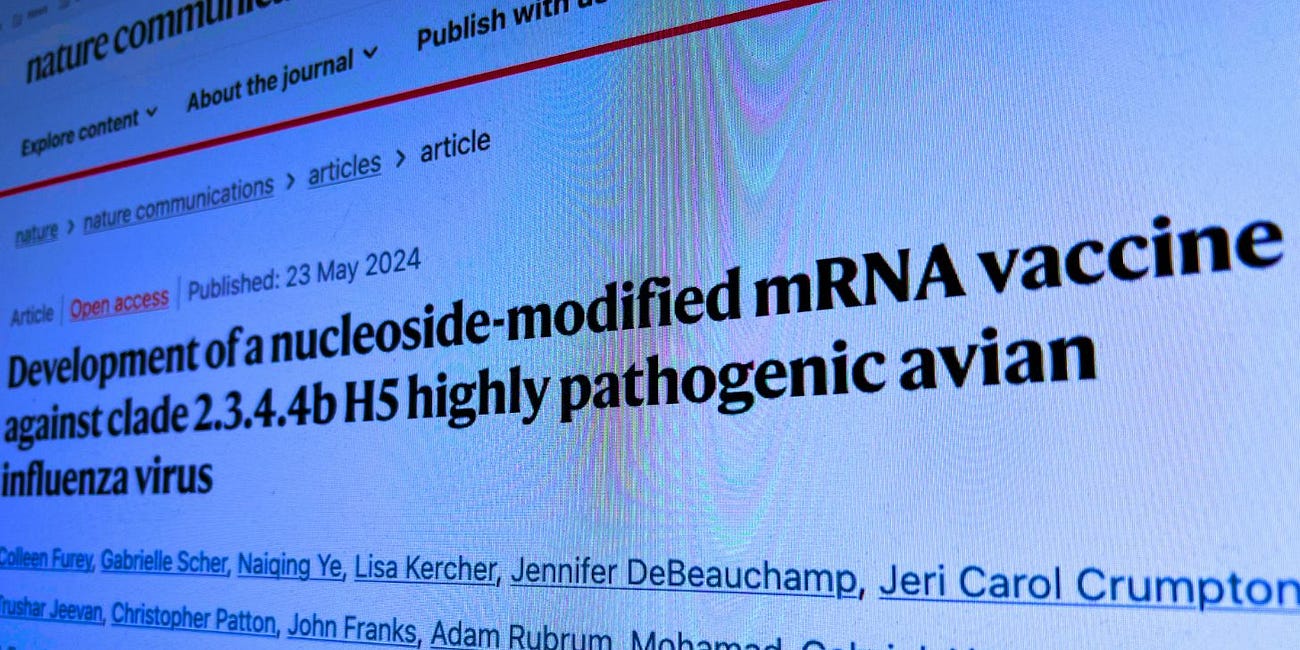U.S. Gov't Taps Pfizer, Moderna for mRNA Bird Flu Jabs Despite Already-Available Safe, Effective Treatments
Moderna scientists recently admitted mRNA drugs exhibit "unacceptable toxicity" levels.
The U.S. government is nearing an agreement to bankroll a late-stage trial of Moderna Inc.’s mRNA bird flu vaccine (mRNA-1038), Financial Times reports.
Follow Jon Fleetwood: Instagram @realjonfleetwood / Twitter @JonMFleetwood / Facebook @realjonfleetwood
Funding from the government’s ‘Biomedical Advanced Research and Development Authority’ (BARDA) could come as early as next month.
It’s expected to total several tens of millions of dollars and “could be accompanied by a commitment to procure doses if the phase-three trials are successful.”
BARDA, established in 2006 through the ‘Pandemic and All-Hazards Preparedness Act,’ operates under the Department of Health and Human Services (HHS).
The agency manages research, development, acquisition, and manufacturing of medical countermeasures such as vaccines, drugs, therapies, and diagnostic tools for public health emergencies.
It works closely with the biomedical industry through grants, contracts, and partnerships to bring these so-called countermeasures to market.
The FT report also indicated the government is also in talks with Pfizer Inc. over supporting the development of its mRNA vaccine targeting the H5 family of viruses.
Moderna has already completed dosing of a mid-stage trial of its H5 pandemic flu vaccine, with interim data expected soon, per the report.
Pfizer said it “would be prepared to deploy the company’s capabilities to develop a vaccine for strategic stockpiles” and confirmed the pharmaceutical giant had already launched a phase-one trial for a pandemic flu vaccine last December.
Questions are raised about how the two vaccine makers knew the specific bird flu strain H5 would end up threatening the world with another pandemic just following their development of new drugs for the disease.
Since February, this website has been calling out the U.S. government’s simultaneous gain-of-function experimentation on- and vaccine development for bird flu, suggesting their role in creating both a problem and its alleged solution.
Both Pfizer and Moderna played major roles in supplying mRNA vaccines for Washington’s rollout of the COVID-19 injection during the last pandemic.
But scientists estimate the COVID shots have killed about 17 million people worldwide.
The mRNA jabs are associated with many problems that lead to negative health outcomes, including spike protein toxicity, frameshifting, and DNA contamination.
Follow Jon Fleetwood: Instagram @realjonfleetwood / Twitter @JonMFleetwood / Facebook @realjonfleetwood
In fact, Moderna’s own scientists now admit there are toxicity “risks” associated with mRNA drugs.
Moderna researchers recently published a study in the peer-reviewed journal Nature Reviews Drug Discovery confirming toxicity risks associated with mRNA COVID jabs.
In the study, Moderna scientists express “concerns” regarding the “unacceptable toxicity” levels in mRNA shots.
“[A]voiding unacceptable toxicity with mRNA drugs and vaccines presents challenges,” they write about their company’s product. “Lipid nanoparticle structural components, production methods, route of administration and proteins produced from complexed mRNAs all present toxicity concerns.”
They discuss these “concerns, specifically how cell tropism and tissue distribution of mRNA and lipid nanoparticles can lead to toxicity, and their possible reactogenicity.”
The term ‘reactogenicity’ refers to a set of reactions that occur shortly after vaccination, representing the physical display of the body’s inflammatory response to the vaccine.
The authors acknowledge there have been “adverse events from mRNA applications for protein replacement and gene editing therapies as well as vaccines, tracing common biochemical and cellular pathways.”
Early in the pandemic, U.S. authorities allowed novel COVID jabs to receive an Emergency Use Authorization (EUA).
EUAs allow drugs with no long-term safety data to be distributed to the public without receiving full approval from the U.S. Food and Drug Administration (FDA).
However, EUAs are “only be granted when no adequate, approved, available alternatives exist,” Yale Medicine explains.
Up against a potentially incoming bird flu pandemic, we already know antivirals like Xofluza and broad-spectrum anti-parasitics like Ivermectin—both fully FDA-approved—are safe and effective medicines against bird flu.
These treatments remove the need to give an EUA to new, proven-to-be-dangerous mRNA drugs, like Moderna’s mRNA-1038 bird flu injection.
Follow Jon Fleetwood: Instagram @realjonfleetwood / Twitter @JonMFleetwood / Facebook @realjonfleetwood
American Bioweapons: Then & Now
The United States had an extensive offensive biological weapons program stretching back at least to World War II and the Cold War era.
PCR Test Now Being Used to Detect Bird Flu Is 97% Unreliable: Oxford Academic Journal 'Clinical Infectious Diseases'
A September 2020 publication in Clinical Infectious Diseases confirms that the test method known as ‘reverse-transcription polymerase chain reaction’ (RT-PCR), currently being used to detect the presence of the bird flu virus, is accurate less than 3% of the time.
'17 Million' COVID-19 Vaccine Deaths Worldwide: Physicists, Microbiologist for 'CORRELATION Research in the Public Interest'
Scientists representing the Canada-based nonprofit ‘CORRELATION Research in the Public Interest’ have published research arguing that COVID-19 vaccines have killed about 17 million people worldwide.
Bill Gates Funds 'Next-Generation mRNA-Based' Bird Flu Vaccine Research in China Amid H5N1 Pandemic Worries: Journal 'Vaccines'
An October 2023 publication in Vaccines confirms pro-depopulation globalist Bill Gates is funding research into new mRNA vaccines for influenza, amid recent signs of an apparently imminent bird flu pandemic.
Roughly 1/3rd of mRNA COVID-19 Vaccine Recipients Experience 'Unintended Immune Response in the Body': Cambridge University, Journal 'Nature'
In a startling new study, researchers from the University of Cambridge’s Medical Research Council (MRC) Toxicology Unit have uncovered a significant unintended immune response triggered by mRNA COVID-19 vaccines in approximately one-third (25-30%) of recipients.
Pfizer COVID Jab's Dangerous DNA Impurities 'Exceed the Permitted Limit Value' by 'More Than 500 Times': Peer-Reviewed Journal 'Methods and Protocols'
A new study published this month in MDPI’s peer-reviewed Methods and Protocols confirms Pfizer Inc.’s COVID-19 injection contains in some cases “more than 500 times” the permitted limit of potentially cancer-causing DNA contamination.
COVID Jab Spike Protein Remains in Body 'Up to 245 Days'—Not a 'Few Weeks' as Health Authorities Claimed: Journal 'MedRxiv'
A March publication in the peer-reviewed medical journal MedRxiv confirms that the spike protein produced by cells after mRNA COVID-19 injection remains in the body for “up to 245 days,” contradicting claims from mainstream health authorities.
COVID Spike Protein—Present in Pfizer, Moderna mRNA Jabs—Helps Cancer Cells Survive Chemotherapy: Brown University Study Preprint in 'BioRxiv'
Brown University researchers posted a preprint study last month in BioRxiv, an open-access preprint repository for the biological sciences, confirming that the SARS-CoV-2 spike protein interferes with the effectiveness of chemotherapy treatment for cancer.
Moderna Scientists Admit 'Risks of mRNA Drug and Vaccine Toxicity': Journal 'Nature'
A study published Tuesday in Nature Reviews Drug Discovery confirms there are toxicity risks associated with mRNA COVID-19 vaccines like those from Pfizer Inc. and Moderna Inc.
Trump-Era Executive Order 13887 Authorized U.S. Defense Department to 'Facilitate Development of Next-Generation Influenza Vaccines' Just 3 Months Before COVID Pandemic
President Donald J. Trump signed Executive Order 13887 on September 19, 2019, just months before the COVID-19 pandemic began and a novel mRNA vaccine would be developed for the disease.
U.S. Gov't Is Making a Vaccine for a Virus It Also Happens to Be Making More Deadly: Bird Flu
The U.S. Department of Agriculture (USDA) is spending $1 million of American taxpayer money to fund gain-of-function experiments on dangerous bird flu (avian influenza) viruses in collaboration with Chinese scientists, according to a new report.
Biden Signs Into Law Spending Bill That Could Apply Over $1 Billion to Future Bird Flu Pandemic: Doctor Says 'Bioweapon Event' Could Be Imminent
Summary: Biden signs $1.2 trillion spending package Legislation allocates $708,272,000 for emerging and zoonotic infectious diseases Additional $315,000,000 earmarked for flu pandemic preparation, includes vaccine production Congress readies over a billion dollars for future animal-to-human infectious diseases, like bird flu (influenza)
As Media Hypes Bird Flu-Infected Cows, Bird Flu Vaccine Discovered to Contain Neurotoxin Mercury, Dog DNA, Cancer-Causing Chemicals: FDA Package Insert
The U.S. Department of Agriculture (USDA), Food and Drug Administration (FDA), and Centers for Disease Control and Prevention (CDC) are claiming rampant bird flu (H5N1 avian influenza) has spread to dairy cattle across several states.
8 Studies Support Ivermectin's Effectiveness Against Influenza Amid Bird Flu Pandemic Worries
As the H5N1 influenza A virus (IAV) infects birds and mammals, including humans, across the world, health experts are warning a bird flu pandemic could be “100 times worse” than COVID-19.
7 Studies Confirm Antiviral 'Xofluza' Is 'Drug of Choice' for Bird Flu, as USDA Tests Ground Beef for Virus
The U.S. Department of Agriculture (USDA) will begin testing ground beef for H5N1 bird flu (influenza) particles, as the virus has reportedly been found in nearly three dozen dairy herds across nine states.
U.S. 'Relaxes' Biolab Regulations for Handling Deadly Pathogens Despite Ex-CDC Chief's Bird Flu Pandemic Warning
The United States has “temporarily relaxed strict guidelines” for handling, storing, and transporting dangerous H5N1 bird flu samples, following a request from the Association of Public Health Laboratories (APHL), a U.S. government-funded nonprofit membership organization.
NIH's 2017 Reversal of Gain-of-Function Research Ban Only Applied to 2 Virus Families: Coronavirus and Influenza—One Caused the 2019 COVID Pandemic, the Other Is About to Cause a Bird Flu Pandemic
The only two virus families the U.S. National Institutes of Health (NIH) funds dangerous gain-of-function (GOF) experiments on happen to include the virus that caused the last pandemic and the virus that will cause the next pandemic.
USDA Developed mRNA Bird Flu Vaccine Against 2.3.4.4b H5N1 As It Made That Virus More Infectious and Deadly with Gain-of-Function—Now the Same Virus Subtype Is Causing the Next Pandemic
A Thursday publication in the peer-reviewed journal Nature confirms the U.S. Department of Agriculture (USDA) has been developing an mRNA vaccine for the very same influenza virus, subtype, and clade that is reportedly causing the coming bird flu pandemic: 2.3.4.4b H5N1.

